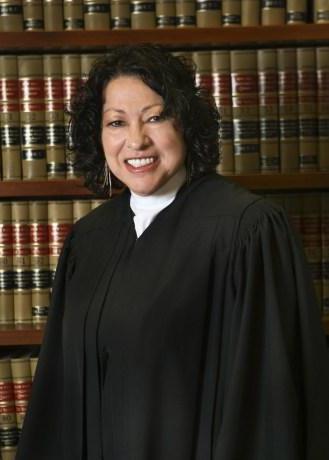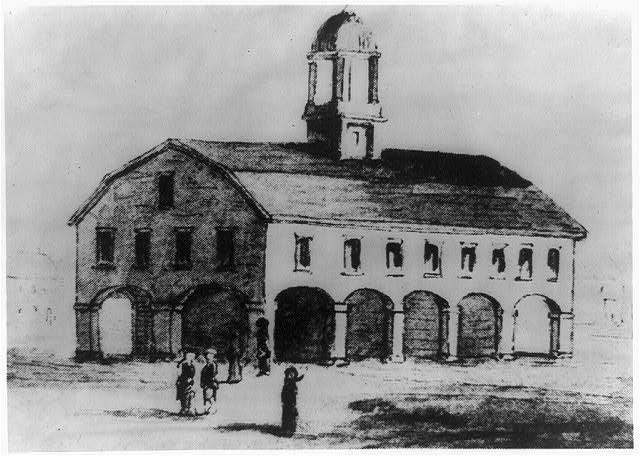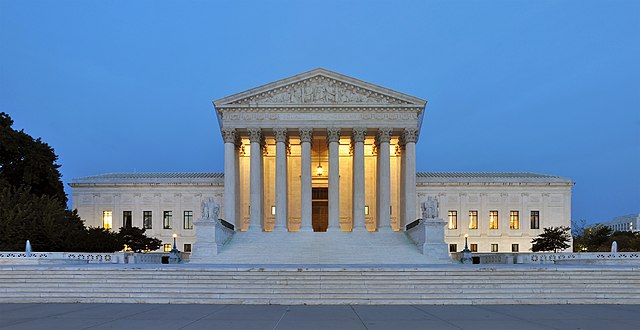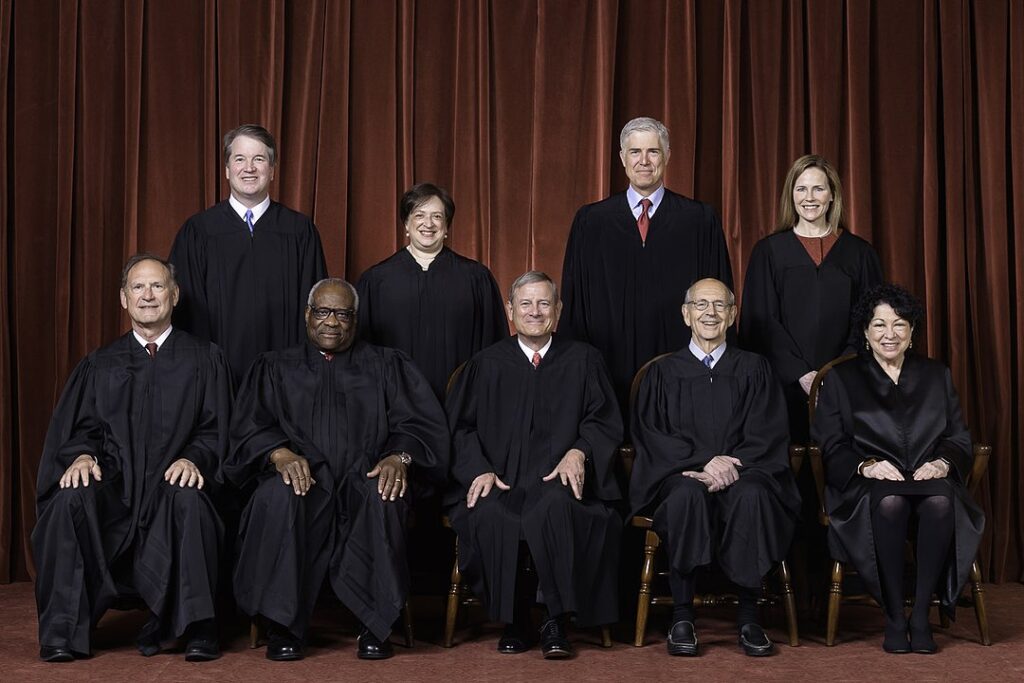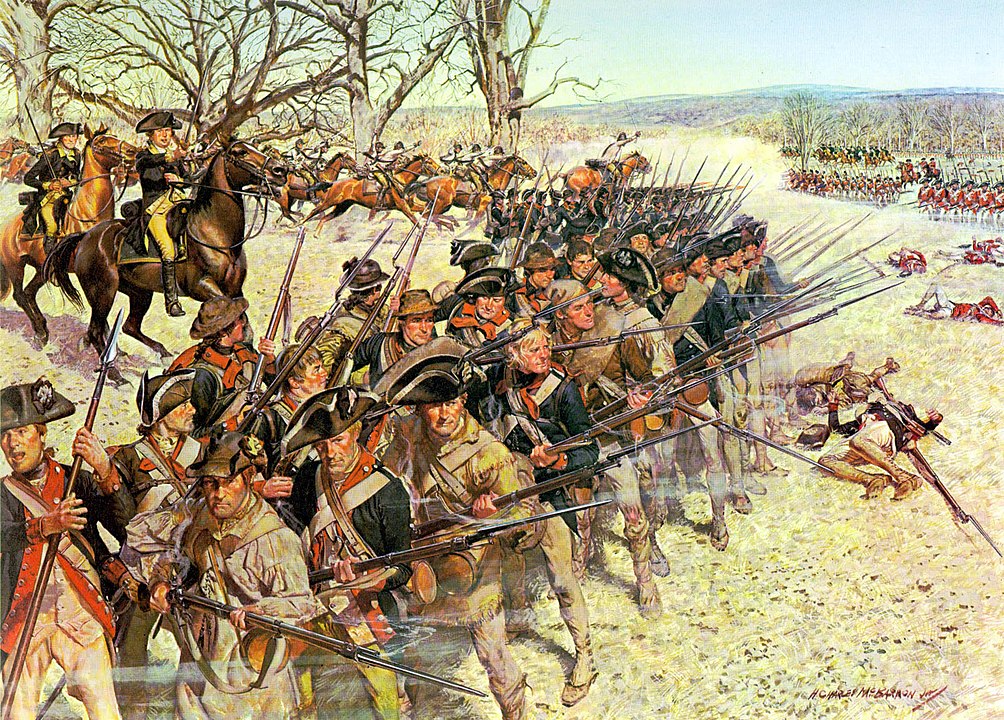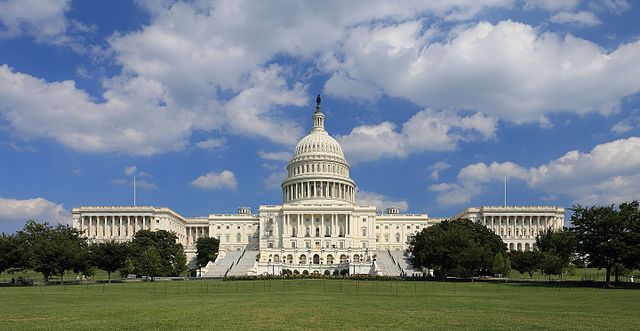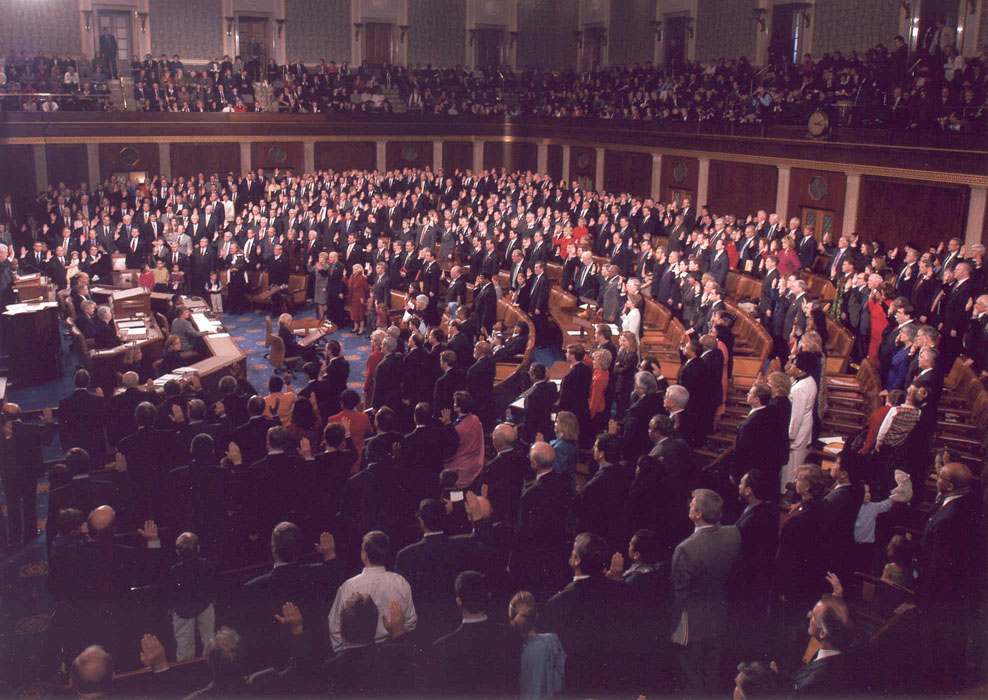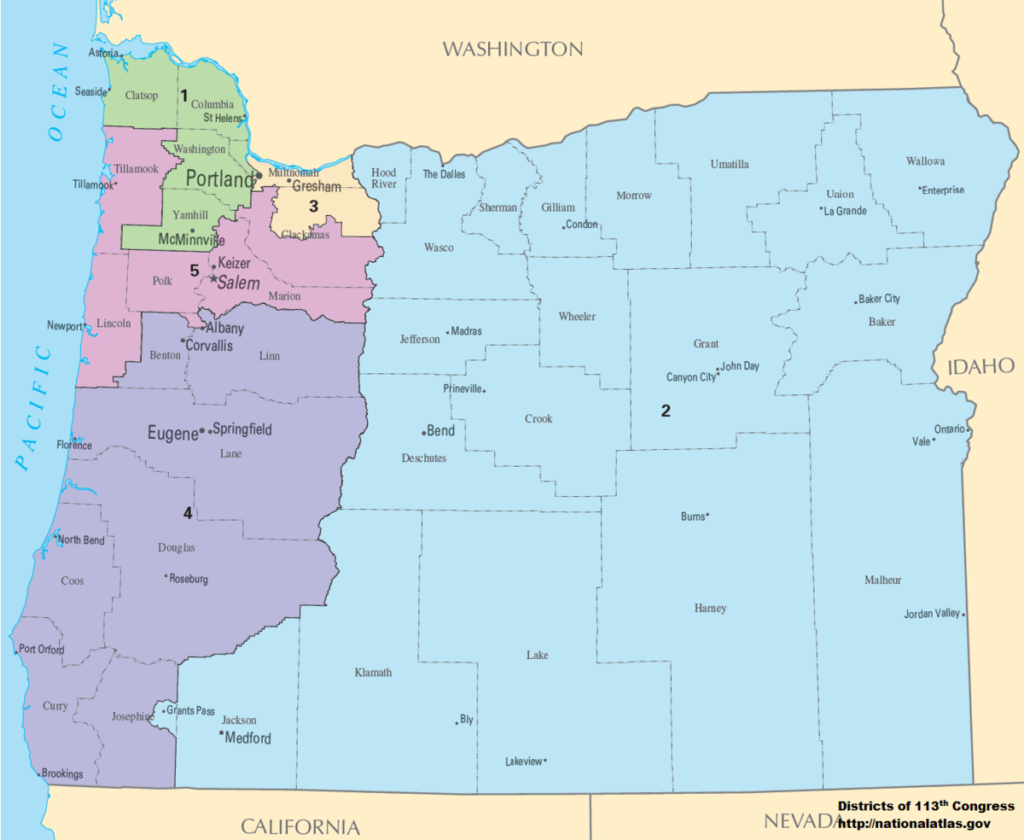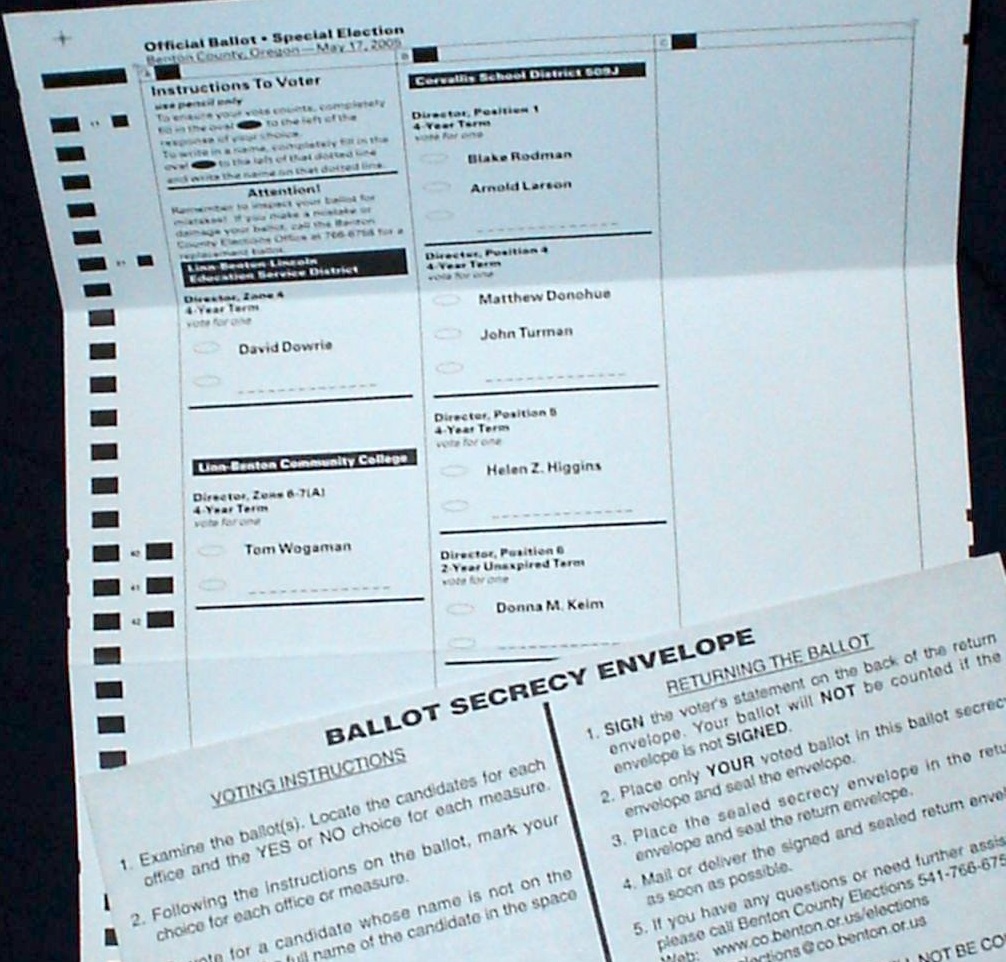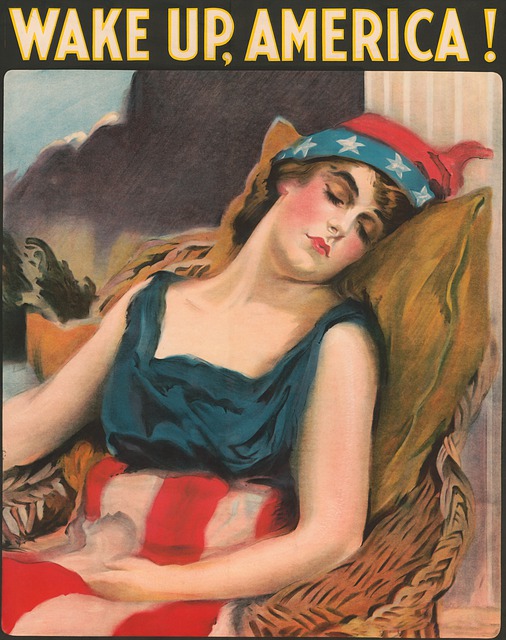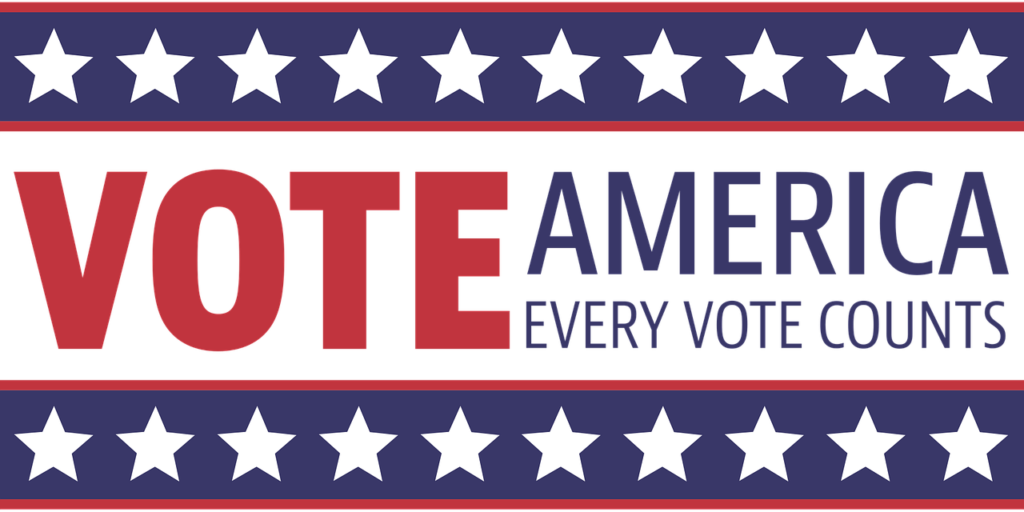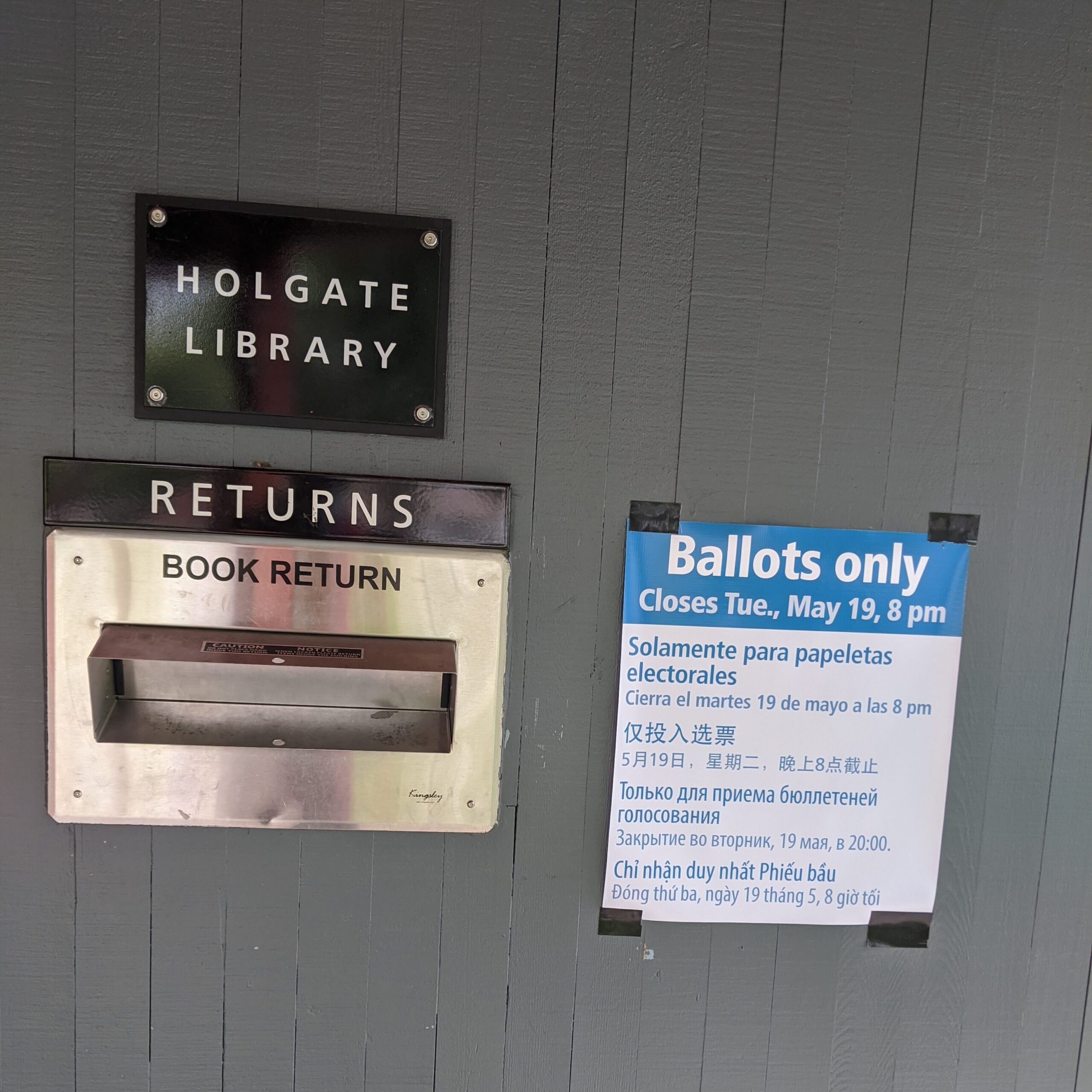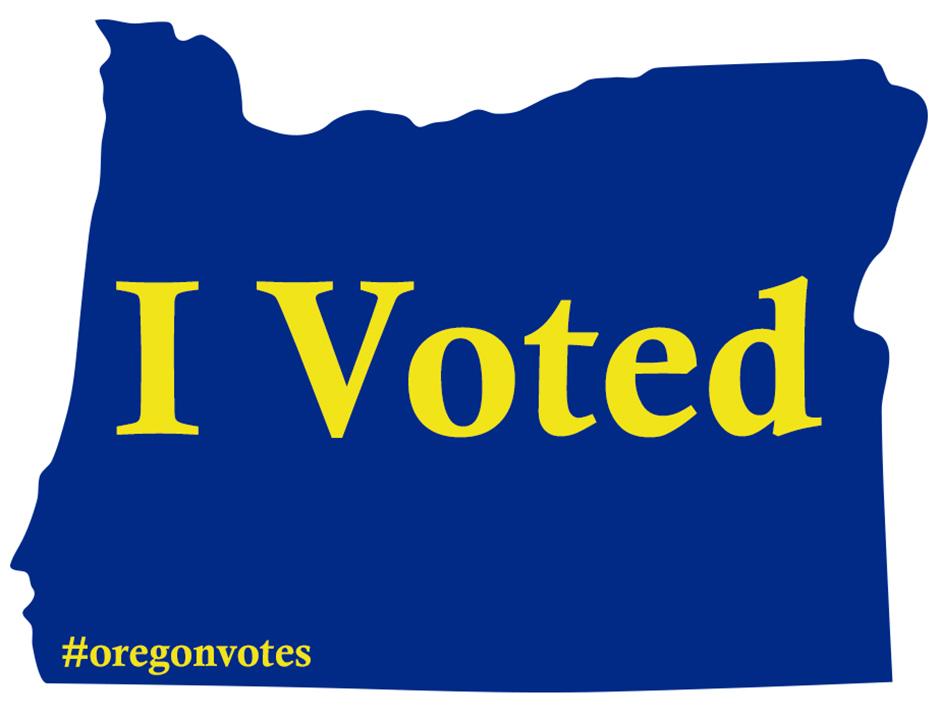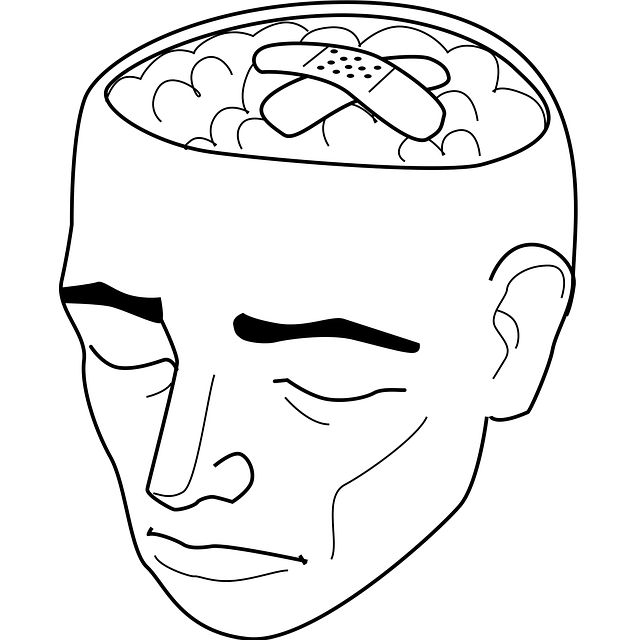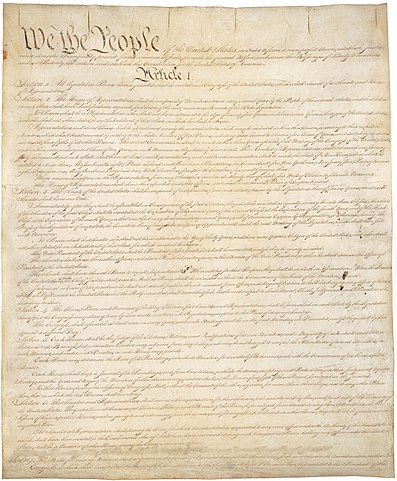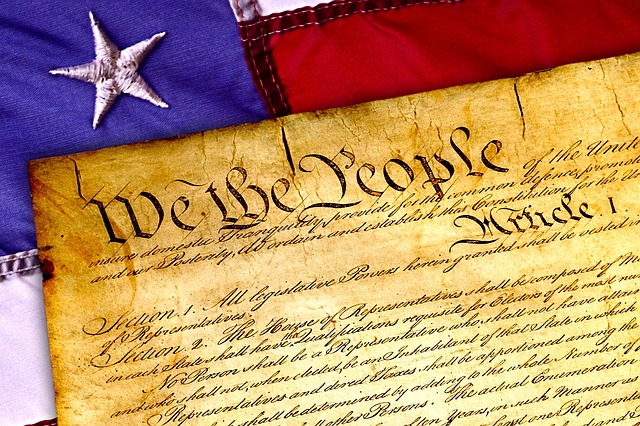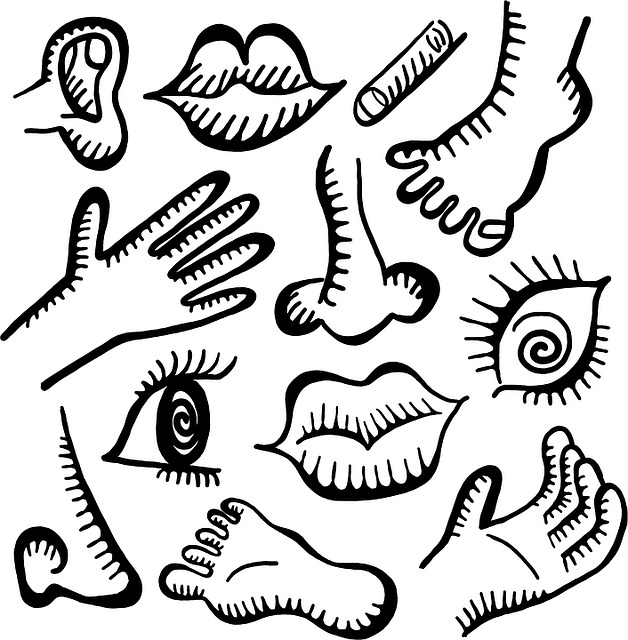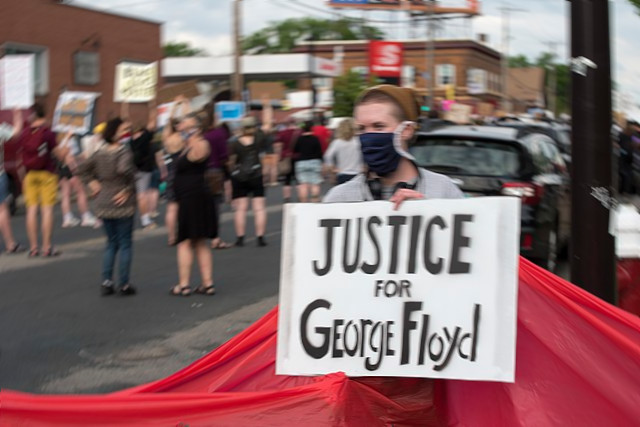N400 Vocabulary Review
N-400 Questions 11-14B
- Have you ever advocated (either directly or indirectly) the overthrow of any government by force or violence?
- Have you ever persecuted (either directly or indirectly) any person because of race, religion, national origin, membership in a particular social group, or political opinion?
- Between March 23, 1933 and May 8, 1945, did you work for or associate in any way (either directly or indirectly) with The Nazi government of Germany?
- Were you ever involved in any way with badly hurting, or trying to hurt, a person on purpose?
- Were you ever involved in any way with torture?
N400: Part 12, Question 14
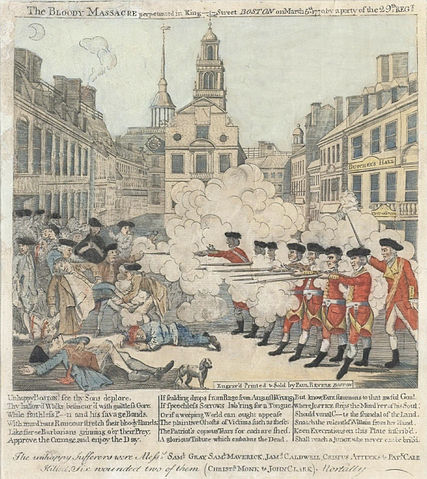
Were you EVER involved in any way with killing, or trying to kill someone?
Yes, I was / No, I wasn’t / No, never
- ¿Alguna vez involucrado en cualquier forma de matar, o tratando de matar a alguien?
- هل كنت تشارك في أي وقت بأي شكل من الأشكال مع قتل أو محاولة قتل شخص ما؟
- သငျသညျအစဉျအမွဲသတ်ဖြတ်, ဒါမှမဟုတ်တစ်စုံတစ်ဦးကိုသတ်ပစ်ရန်ကြိုးစားနေနှင့်အတူမည်သည့်လမ်းအတွက်ပါဝင်ပတ်သက်ရှိသနည်း
- 你曾经参加以任何方式杀死,或试图杀人?
- شد شما تا به حال به هیچ وجه با کشتن، و یا تلاش برای کشتن کسی درگیر است؟
- Ați fost vreodată implicat în vreun fel cu uciderea, sau încercând să omoare pe cineva?
- تاسو تل سره وژل شوي، او یا د چا د وژلو هڅه کوي په هره لاره کې لاس؟
- Были ли вы когда-либо участие в любом случае с убийством или пытается убить кого-то?
- Ayaa aad waligaa ku lug leh si kasta oo la dilay, ama isku dayayaan in ay dilaan qof?
- Đã bao giờ bạn tham gia vào bất kỳ cách nào với giết chết, hoặc cố gắng để giết một ai đó?
- کیا آپ نے کبھی قتل، یا کسی کو قتل کرنے کی کوشش کر کے ساتھ کسی بھی طرح سے ملوث تھے؟
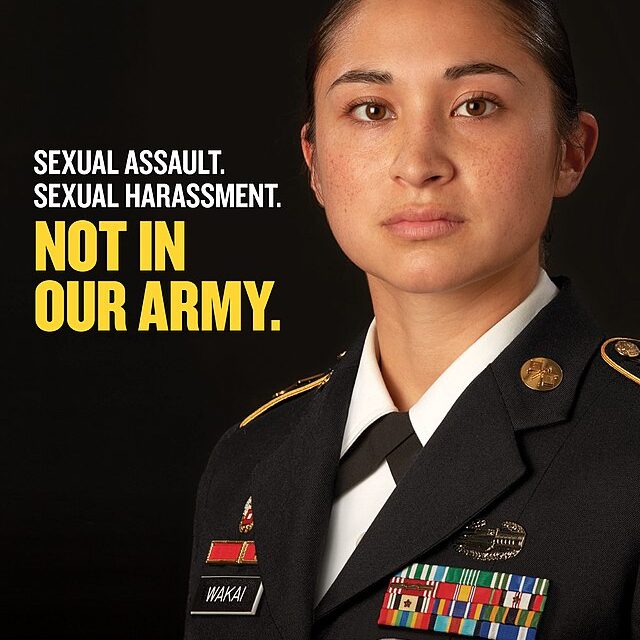
Were you EVER involved in any way with forcing, or trying to force, someone to have any kind of sexual contact or relations?
Yes, I was / No, I wasn’t / No, never
- ¿Alguna vez involucrado de alguna manera con forzar, o tratando de forzar a alguien a tener ningún tipo de contacto sexual o relaciones?
- هل كنت تشارك في أي وقت بأي شكل من الأشكال إجبار، أو محاولة فرض، شخص ما لديك أي نوع من الاتصال الجنسي أو العلاقات؟
- သငျသညျအစဉျအမွဲအတင်းအကျပ်, ဒါမှမဟုတ်လိင်ပိုင်းဆိုင်ရာအဆက်အသွယ်သို့မဟုတ်ဆက်ဆံရေးမဆိုကြင်နာရှိသည်ဖို့, တစ်စုံတစ်ဦးကအတင်းဖို့ကြိုးစားနေနှင့်အတူမည်သည့်လမ်းအတွက်ပါဝင်ပတ်သက်ရှိသနည်း
- 你曾经参与了与强迫,或试图强迫,别人有什么样的性接触或关系的方法吗?
- شد شما تا به حال به هیچ وجه با مجبور، و یا تلاش به زور، کسی را به هر گونه تماس جنسی یا روابط درگیر است؟
- Ați fost vreodată implicat în vreun fel cu forțarea sau încercarea de a forța, cineva să aibă nici un fel de contact sexual sau relații?
- تاسو تل سره په اړ، او یا هڅه کوي چې په زور، چا چې د جنسي تماس او یا د اړیکو هر ډول کومه لاره لاس؟
- Были ли вы когда-либо участие в любом случае с форсирует, или пытаться заставить, кого-то есть какие-то сексуальные контакты или отношения?
- Ayaa aad waligaa ku lug leh si kasta oo la qasbo, ama isku dayaya in uu ku qasbo, qof in ay leeyihiin nooc kasta oo xidhiidh galmo ama xiriirka?
- Đã bao giờ bạn tham gia vào bất kỳ cách nào với buộc, hoặc cố gắng để buộc, ai đó có bất kỳ loại quan hệ tình dục hoặc quan hệ?
- کیا آپ نے کبھی مجبور، یا جنسی رابطہ یا تعلقات کی کسی بھی قسم کی ہے کرنے کے لئے مجبور کرنے کی، کسی نے کوشش کر کے ساتھ کسی بھی طرح سے ملوث تھے؟

Were you EVER involved in any way with not letting someone practice their religion?
Yes, I was / No, I wasn’t / No, never
- ¿Alguna vez involucrado de alguna manera con no dejar que alguien practicar su religión?
- هل كنت تشارك في أي وقت بأي شكل من الأشكال مع عدم السماح لشخص ممارسة شعائرهم الدينية؟
- သငျသညျအစဉျအမွဲတစ်စုံတစ်ဦးက၎င်းတို့၏ဘာသာတရားကိုကျင့်သုံးခွင့်မပေးနှင့်အတူမည်သည့်လမ်းအတွက်ပါဝင်ပတ်သက်ရှိသနည်း
- 你曾经参与了与不让某人从事宗教活动什么办法?
- آیا شما تا به حال به هیچ وجه با اجازه دادن به کسی مذهب خود درگیر است؟
- Ați fost vreodată implicat în vreun fel cu cineva care nu lasa practica religia lor?
- تاسو تل په سره نه اجازه چا خپل دين عملي هره لاره کې لاس؟
- Были ли вы когда-либо участие в любом случае с не позволить кому-то исповедовать свою религию?
- Ayaa aad waligaa ku lug leh si kasta oo la aan daynin qof ku dhaqmaan diintooda?
- Đã bao giờ bạn tham gia vào bất kỳ cách nào với không để một người nào đó thực hành tôn giáo của họ?
- کیا آپ نے کبھی کسی کو اپنے مذہب پر عمل نہیں دے کے ساتھ کسی بھی طرح سے ملوث تھے؟

Were you EVER involved in any way with genocide?
Yes, I was / No, I wasn’t / No, never
- ¿Alguna vez involucrado de alguna manera con el genocidio?
- هل كنت تشارك في أي وقت بأي شكل من الأشكال الإبادة الجماعية؟
- သငျသညျလူမျိုးတုံးသတ်ဖြတ်မှုနှင့်အတူမည်သည့်လမ်းစဉ်အပါဝင်ပတ်သက်ရှိသနည်း
- 你曾经参与种族灭绝什么办法?
- شد شما تا به حال به هیچ وجه با نسل کشی درگیر است؟
- Ați fost vreodată implicat în vreun fel cu genocid?
- تاسو تل په سره نسل هره لاره کې لاس؟
- Были ли вы когда-либо вовлечены в любом случае с геноцидом?
- Ayaa aad waligaa ku lug leh si kasta oo la xasuuq?
- Đã bao giờ bạn tham gia vào bất kỳ cách nào với nạn diệt chủng?
- اگر آپ کبھی بھی نسل کشی کے ساتھ کسی بھی طرح سے ملوث تھے؟
- Were you EVER involved in any way with killing, or trying to kill someone?
- Were you EVER involved in any way with forcing, or trying to force, someone to have any kind of sexual contact or relations?
- Were you EVER involved in any way with not letting someone practice their religion?
- Were you EVER involved in any way with genocide?


